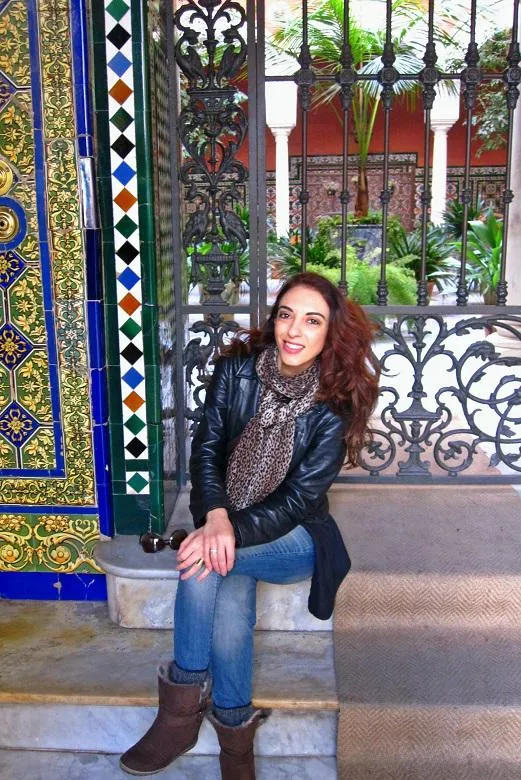Please note: this event has passed
This paper explores how the environment shapes multilingual practices in borderline communities affected by conflict. By capitalising on Blommaert, Collins and Slembrouck’s (2005) work on ‘spaces of multilingualism’, we treat multilingualism not just as a linguistic resource but also as something enabled (or disabled) by the environment. The latter organises regimes of language use, which become significant for communities in conflict, as using the language of ‘the other’ can often be considered a betrayal (Charalambous, Charalambous & Rampton, 2017). To understand how the environment organises these regimes, it is important to explore not only spoken language but also written language in public space.
The case of the Republic of Cyprus is unique because, after a long-term conflict between the Greek- and Turkish-Cypriots, it is divided by a UN-controlled buffer zone. The two communities lived in separation for 30 years until cross-border movement was permitted in 2003. Because of the division, bilingualism in Greek and Turkish declined and the language of ‘the other’ is widely excluded from each community’s environment (Themistocleous, 2018). Exploring Nicosia’s buffer zone is important because although it is a neutral space that divides the two communities, nowadays it is also a shared space used by individuals from both communities to cross the border.
Fieldwork was carried out between August 2016 and July 2018 and using the Linguistic Landscape approach photographic data was collected. Data includes 1175 public signs (56 from the buffer zone). The qualitative analysis (Scollon & Scollon, 2003; Jaworski & Thurlow, 2010) of ephemeral signs from the buffer zone demonstrates that this new ‘portal’ (Kallen, 2010) facilitates multilingualism through the establishment of a new Community of Practice (King, in press) consisting of both Greek- and Turkish-Cypriots, who create and display bilingual signs in Greek and Turkish aiming to promote unification and peace. The study further demonstrates the importance of space in creating communities and organising patterns of multilingualism.
Dr Christiana Themistocleous has been a lecturer at the University of Reading since 2010. Her main research interests fall within the areas of sociolinguistics and societal multilingualism. Christiana explores aspects of language in relation to conflict, social cohesion, tolerance, identity and ideologies by focusing on two communities: one in Reading (UK) and one in Nicosia (Cyprus). She has published her work in journals such as Language in Society and Journal of Multilingual and Multicultural Development and she is currently writing a book (Introduction to Language in Society) with Prof Rodney Jones for Cambridge University Press.
Part of the Modern Greek Studies seminar series.
This event is open to all and free to attend. No booking is required.
Join the CHS mailing list for updates on news and events.

Event details
Small Committee Room, K0.31King's Building
Strand Campus, Strand, London, WC2R 2LS
